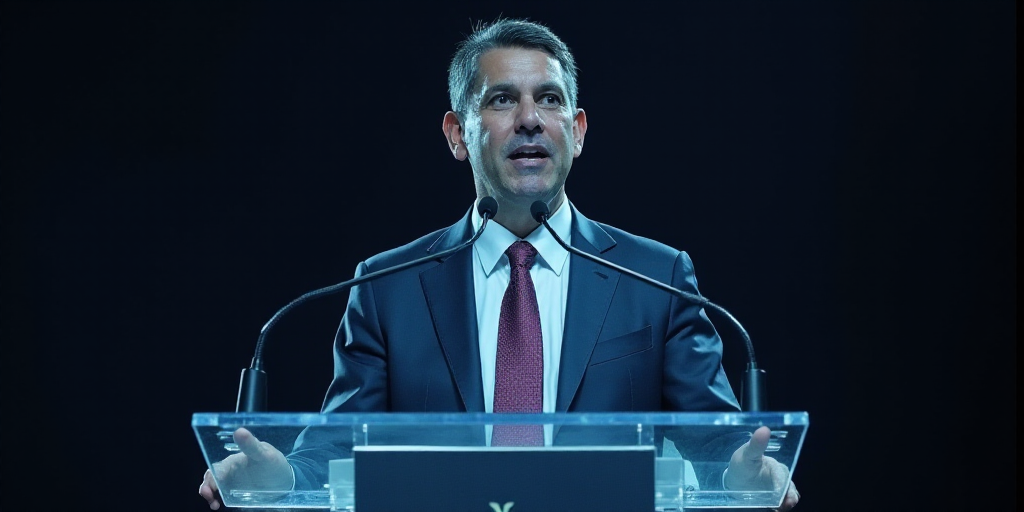Background on Francisco Cervantes Díaz and His Relevance
Francisco Cervantes Díaz, the president of the Mexican Council on Economic Productivity (CCE), is a prominent figure in shaping labor policies and fostering dialogue between the government and private sector. His organization represents various business sectors, making his stance on labor reform crucial for understanding the private sector’s perspective.
Private Sector Endorses Gradual Reduction of Work Hours
Support for the 40-hour workweek:
During his participation in the first forum for implementing a 40-hour workweek, convened by the Secretariat of Labor and Social Security, Cervantes Díaz affirmed that the private sector supports the gradual reduction of work hours from 48 to 40 per week. However, he emphasized the need for complementary measures alongside this gradual reduction.
Importance of Complementary Measures
Cervantes Díaz highlighted that a responsible and effective approach to reducing work hours should include an integral plan for creating eight million formal jobs needed over the next five years. He stressed that this would help achieve the legitimate goal of improving workers’ quality of life while mitigating potential negative impacts on the economy or inflation due to increased production costs and possible labor shortages.
Sector-specific Implementation
The CCE president advocated for a differentiated implementation of the reform based on sector, function, company size, region, and federal entity. This tailored approach aims to minimize the impact according to each sector’s specific nature and challenges.
Flexible Work Arrangements
Cervantes Díaz proposed incorporating various reduction schemes, such as daily, weekly, bi-weekly, or monthly work hours, accrued time off, and extraordinary work arrangements to maintain and enhance productivity.
Benefits and Considerations
- Gradual Implementation: Cervantes Díaz suggested that starting with a one-hour reduction could benefit 77% of workers, with manageable impacts.
- Incentivizing Reduction: He emphasized the importance of allowing deductions for social benefits and adjusting subsidy tables to encourage this reduction process.
- Exemption for Autorregulated Workers: Cervantes Díaz stressed the need to maintain exemptions for workers with flexible or variable schedules, ensuring their autonomy and flexibility.
Proposal for a Tripartite Committee
Cervantes Díaz proposed the creation of a tripartite committee to oversee and periodically evaluate the reform’s implementation, propose solutions, and adjust public policies based on results and national/international contexts.
Additional Measures for Successful Labor Reform
Cervantes Díaz pointed out the necessity of implementing labor training programs focusing on topics such as:
- Enhancing productivity and competitiveness
- Promoting innovation and technological advancement
- Improving workers’ skills and qualifications
Key Questions and Answers
- What is the private sector’s stance on reducing work hours to 40 per week? The CCE, represented by Francisco Cervantes Díaz, supports the gradual reduction of work hours to 40 per week but emphasizes the need for complementary measures.
- What complementary measures does the private sector propose? The private sector suggests flexible work arrangements, sector-specific implementation, and an integral plan for job creation to accompany the reduction in work hours.
- Why is a gradual implementation important? A gradual reduction, such as starting with one hour, can benefit a majority of workers while minimizing impacts.
- What is the role of a tripartite committee in labor reform? A tripartite committee would oversee, evaluate, and adjust the labor reform implementation based on results and context.






